
An internet imagery.
BALASORE, ODISHA (PTI): India on Wednesday conducted a successful night testfire of its indigenously developed nuclear capable surface-to-surface Prithvi-II missile as part of a user trial by the Army from a base in Odisha, defence sources said.
The state-of-the-art missile was testfired from the Integrated Test Range (ITR) at Chandipur near here in darkness and the trial was successful in meeting all the parameters, they said.
The trial of the missile, which has a strike range of 350 km, was carried out from a mobile launcher from launch complex-3 of the ITR, a DRDO official said.
Describing the trial as a routine exercise, he said, the missile trajectory was tracked by radars, electro-optical tracking systems and telemetry stations by the DRDO along the coast of Odisha.
The missile was randomly chosen from the production stock and the entire launch activity was carried out by Strategic Force Command (SFC) of the Army and monitored by scientists of Defence Research and Development Organisation (DRDO) as part of the training exercise, official sources said.
The downrange teams on board a ship deployed near the designated impact point in the Bay of Bengal monitored the terminal events and splashdown.
The last night time testfire of Prithvi-II was conducted successfully from the ITR on November 20, 2019.
Prithvi-II is capable of carrying 500 to 1,000 kg of warheads and is powered by liquid propulsion twin engines, the sources said.
The state-of-the-art missile uses an advanced inertial guidance system with maneuvering trajectory to hit its target, they said.
Already inducted into the armoury of the defence forces in 2003, nine-metre long 'Prithvi' was the first missile to have been developed by DRDO under the Integrated Guided Missile Development Programme (IGMDP).
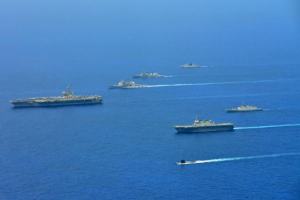 Previous Article
Previous Article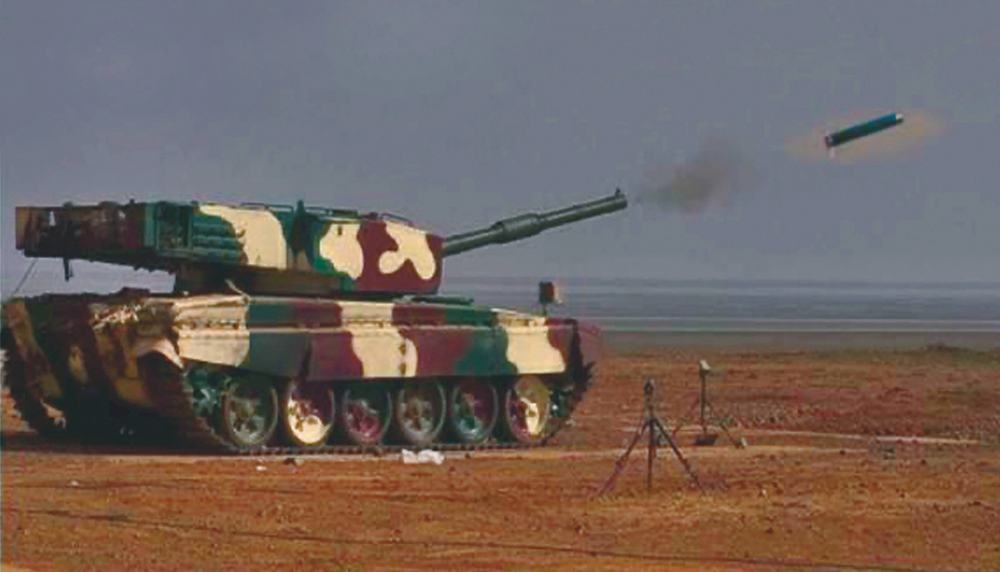 Next Article
Next Article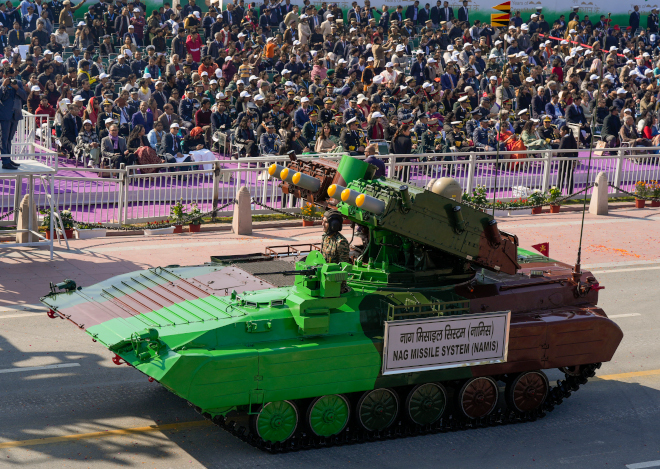
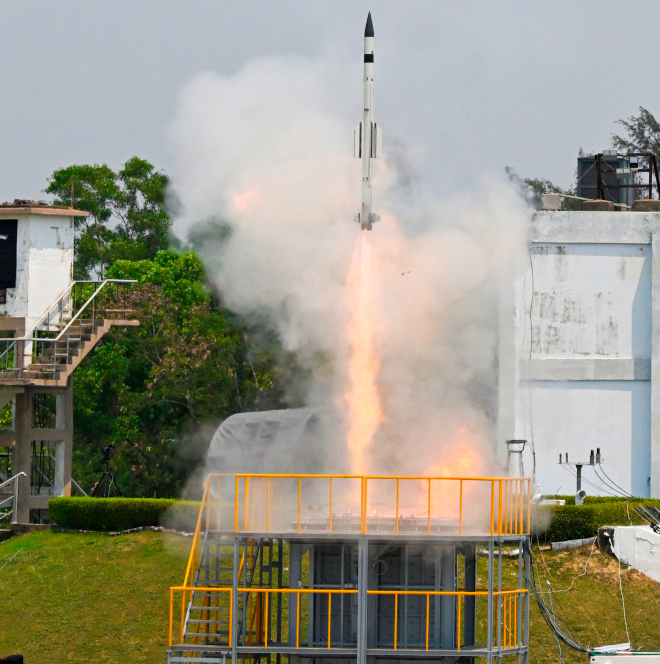
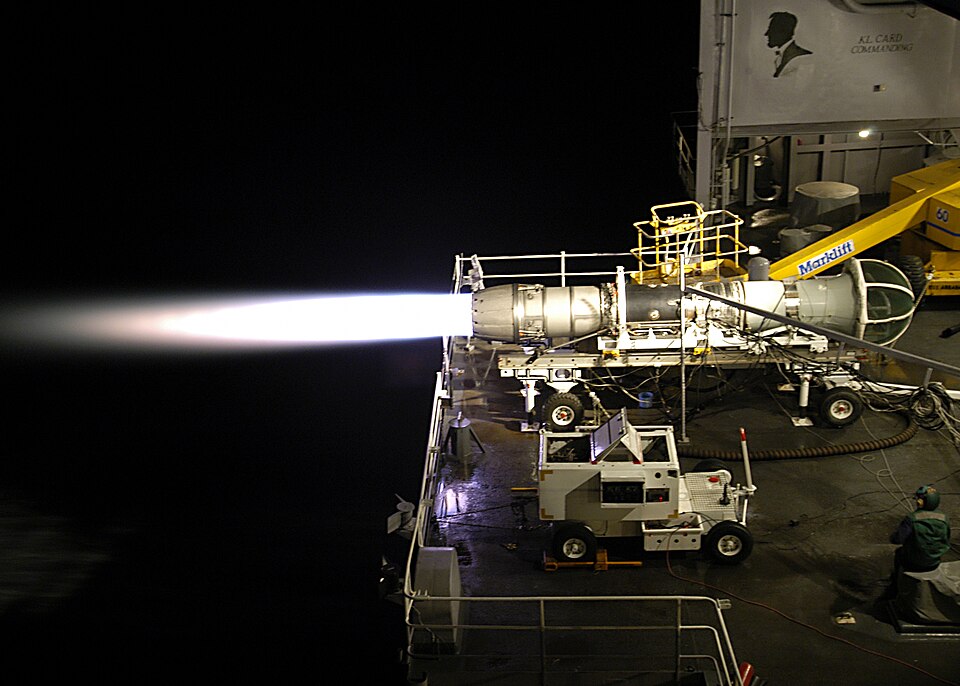











The Indian Air Force, in its flight trials evaluation report submitted before the Defence Ministry l..
view articleAn insight into the Medium Multi-Role Combat Aircraft competition...
view articleSky enthusiasts can now spot the International Space Station (ISS) commanded by Indian-American astr..
view article